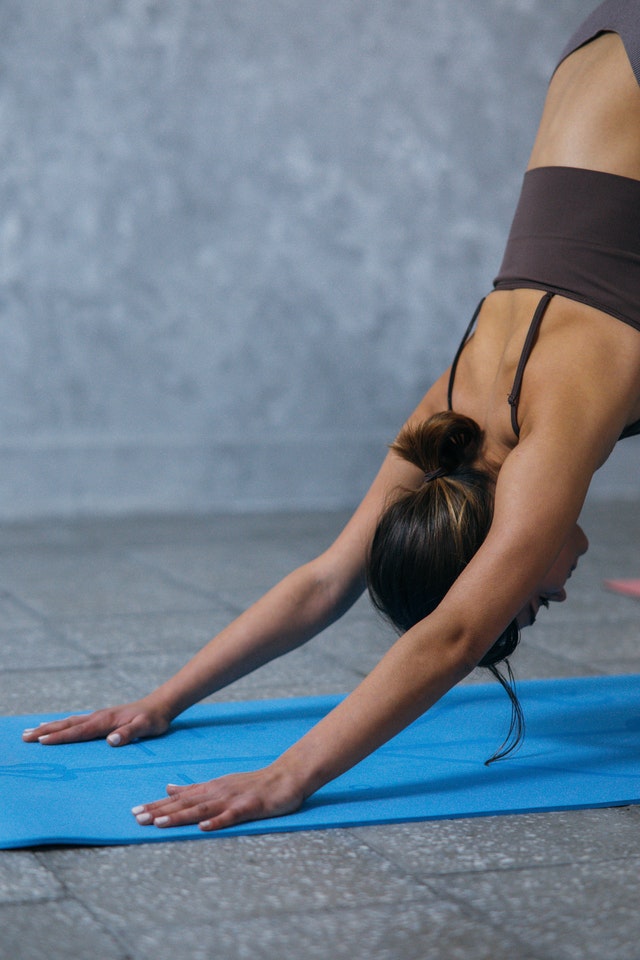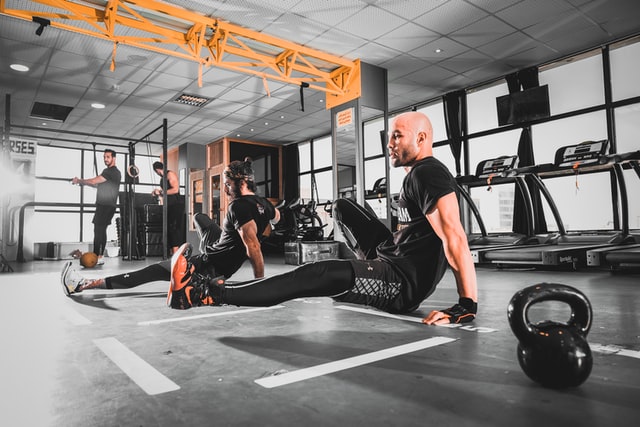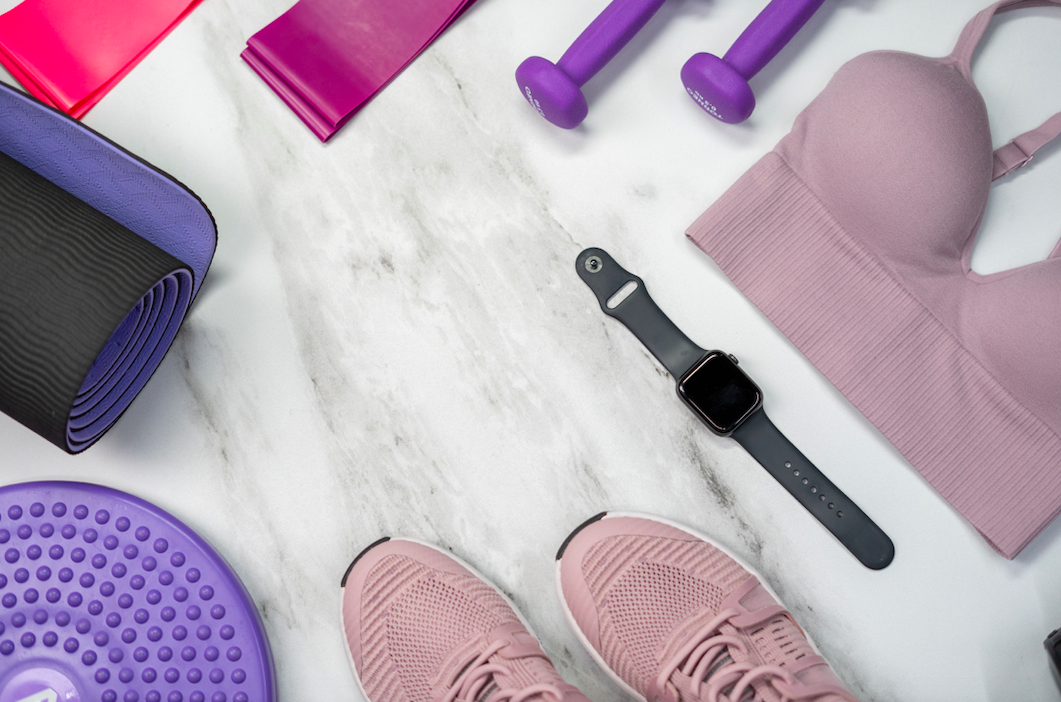Exercise is essential to a healthy lifestyle. When done on a regular basis, exercise can lead to monumental benefits physically, mentally, and emotionally. However, if done incorrectly, injury can occur and inhibit mobility during future workout sessions. Knowing the right stretches and pre-workout exercises can help prevent injuries and help someone do more during a workout. Here are a few recommended stretches before beginning a workout:
Arm Stretches
These stretches you have been doing since primary school. For example the cross-body shoulder stretch which is done exactly as it sounds. And the forearm stretch where you hold your arm out and take the opposite hand and gently pull the other hand back. These are great to implement before an arm workout so you do injury those muscles.
Cat-Cow Stretch
Stretching your back is extremely beneficial. Nobody likes back pain; it affects the whole body. So, prior to your workout try using the cat-cow stretch. Where you lay on a mat on your stomach and move the upper part of the body up while the legs remain touching the mat. Similar to a cat, hence the name. By doing this stretch your back will also be strengthened.
Dynamic Stretches
Dynamic stretches are ones that are done by moving. Previously stated were static stretches that can be done either standing or sitting. Some dynamic stretches include; light jogging, jumping jacks, or jumping rope. This gets the body moving and multiple muscle groups warmed up before an intense workout. So the next time you go to workout try a light dynamic stretch before going all in!
Dr. Barbara R. Edwards, Princeton Internist, practices at Penn Medicine Princeton Health in the Penn Medicine Princeton Medical Center. She is also the Academic Director for the Ambulatory Residency Program at Penn Medicine Princeton Health.






